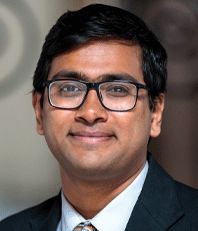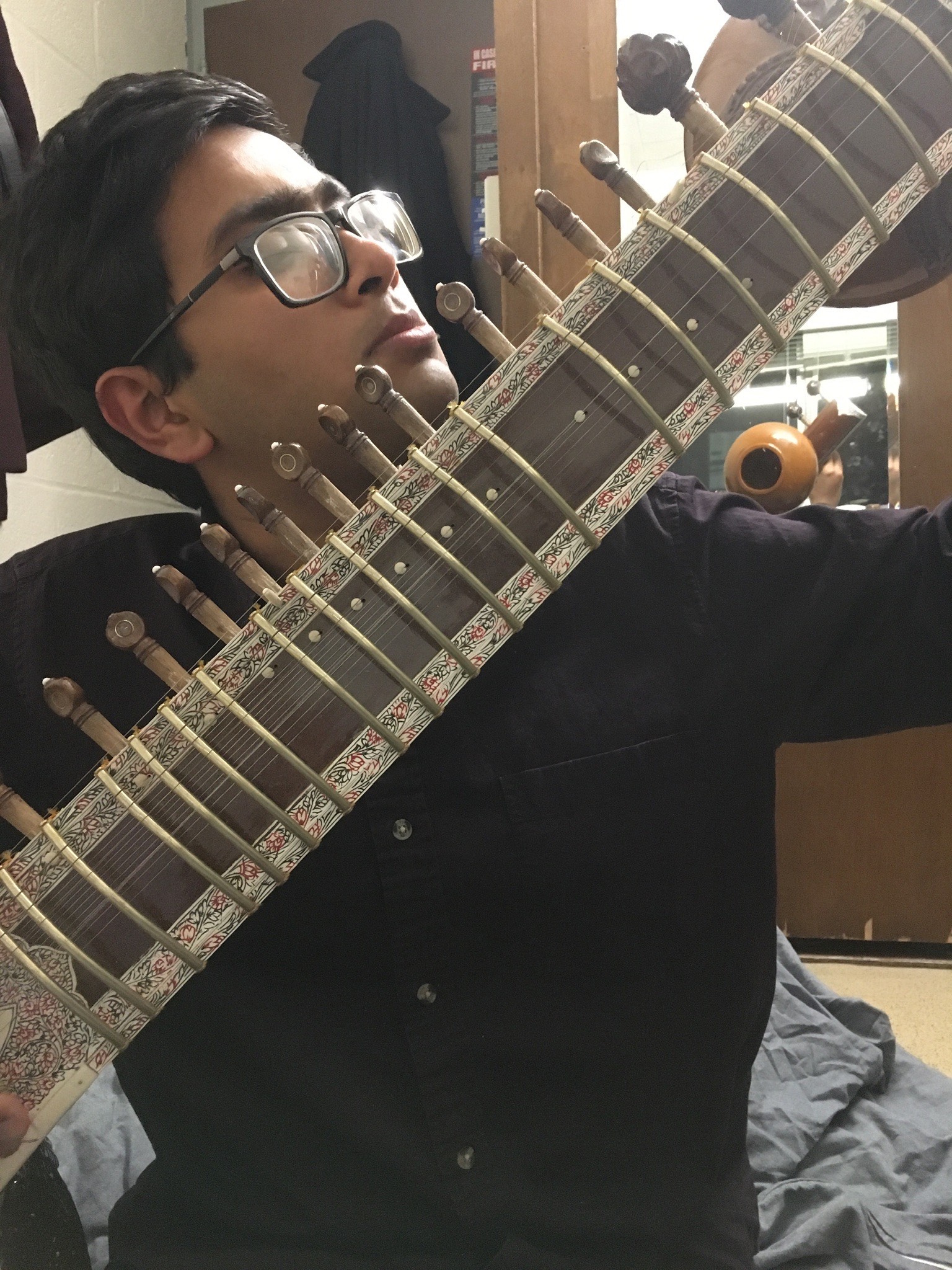
Aniket De
Assistant Professor, Department of History

- Q&A
- Biography
Q&A
What excites you most about joining our School of Arts and Humanities community?
“The School of Arts and Humanities has invested a great deal of energy and enthusiasm in the study of modern India and South Asia. As the inaugural hire in South Asian history, I am excited to craft a curriculum in the field, especially in dialogue with historians of other regions of Asia and the Indian Ocean. The new investments in parallel fields, such as performance studies and literature, offers a wonderful opportunity to explore history in an interdisciplinary manner.”
Why did you choose your field? Why should students consider studying the arts and humanities?
“I grew up in a small town in India, surrounded by relics of both the distant and not-so-distant past. Bengal, my home region and once the heart of colonial India, suffered brutal Partitions, famine, and war in the past century—and the drama of colonial and postcolonial histories still remains evident in everyday life in the region. Later, at Tufts and Harvard, I was privileged to study with the greatest living historians of modern South Asia, who kindled my academic interest in the field. Modern South Asian history is a growing and dynamic field with endless potential.”
“The most populous region in the world, South Asia will continue to grow in importance in world affairs. A humanistic approach is crucial for understanding a region so steeped in its history and culture. A genuinely humanistic understanding will not only give students necessary depth, but also prepare them for a range of careers, from law and public policy to journalism.”
What research or project are you working on currently?
“My current project traces the relation between imperial practices of racial governance and the anti-colonial politics of self-determination in colonial India. I trace the hitherto unnoticed connections between racial segregation and structures of federal governance in British India. Drawing on institutional archives and private papers, I show that the same group of imperial administrators who racially segregated the city of Johannesburg later devised the system of ‘dyarchy’ in British India, keeping real power in white hands while transferring the burden of administration to Indians. Drawing on previously unexplored institutional records and private papers in South African, Indian and British archives, I show how dyarchy, while formally abolished in 1935, continued to shape the unequal relationship between the center and the states in South Asia well into the post-colonial era.”
“Moving beyond the conventional vision of Indian federalism as a conflict between central and regional political interests, I map a new lineage of federalism in colonial India in relation to imperial practices of racial segregation and racial capitalism, where power and finance in the center were created as bastions of white power, even as political concessions to Indians were granted in the provinces.”
“At the same time, I analyze how South Asian anti-colonial thought— as expressed in speeches, pamphlets, and literary sources in multiple Indian vernaculars—developed a competing politics of federalism that challenged this racialized logic of governance. I analyze the arguments of the federalists in relation to their importance in popular politics in the colonial period, and also assess the reasons for their historic failure to prevent Partition and establish a decentralized Indian federation. The conflict between these two lineages of federalism – imperial and anti-colonial—however, continued well after decolonization, and the struggle for spatial equity has thus remained at the core of modern Indian politics.”
What’s your favorite class to teach and why?
“I love teaching my flagship course ‘Modern India and South Asia,’ which I will offer in Winter 2025. It is sheer joy to introduce students to the region and to the rich debates in history that shape our field.”
What is something about yourself that is not typically included in your bio?
“I am learning to play the sitar, an instrument which I deeply admire. I also enjoy cooking complex vegetarian and fish dishes from Bengal, and often share recipes in my lectures from historical sources, related to the theme of the class.”

